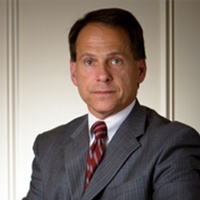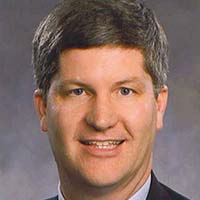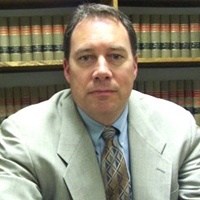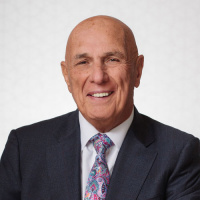Waterford Criminal Lawyer, Wisconsin
Paul Bucher
✓ VERIFIEDMr. Bucher has been practicing law in Wisconsin since 1981. His area of practice includes complex litigation, criminal defense, personal injury, gover... (more)
Peter M. Wolff
Attorney Peter M. Wolff is a managing partner at Bucher, Wolff & Sonderhouse, LLP that focuses on criminal defense and family law. Before Peter was a ... (more)
Manuel R. Galang
✓ VERIFIED25+ years of experience on your side. I will fight for you! When charged with a crime, you face the possibility of paying excessive fines and court... (more)
Michael F. Torphy
✓ VERIFIEDMichael F. Torphy is a practicing lawyer in the state of Wisconsin. Mr. Torphy received his J.D. from the University of Wisconsin School of Law in 199... (more)
Thomas J. McClure
✓ VERIFIEDAttorney McClure has a general practice serving individuals, families, and small businesses. Early in his career Attorney McClure gained valuable expe... (more)
Mark A. Schoenfeldt
✓ VERIFIEDAre you facing criminal charges, whether a misdemeanor or felony, in or around Milwaukee, Waukesha, Racine, Kenosha, or elsewhere in Wisconsin? You sh... (more)
Thomas E. Hayes
✓ VERIFIEDI've been in business for more than 30 years in the Milwaukee area. I have practiced in all types of forums throughout Wisconsin, and also in surround... (more)
Michael M. Hayes
✓ VERIFIEDMichael M. Hayes was a founding partner of the Milwaukee law firm of Hayes & Rothstein, 1983-2019. A Milwaukee native, Mr. Hayes earned his Juris D... (more)
Franklyn M. Gimbel
✓ VERIFIEDFranklyn M. Gimbel founded Gimbel, Reilly, Guerin & Brown, LLP after serving as an Assistant United States Attorney from 1963 through 1968. His exper... (more)












